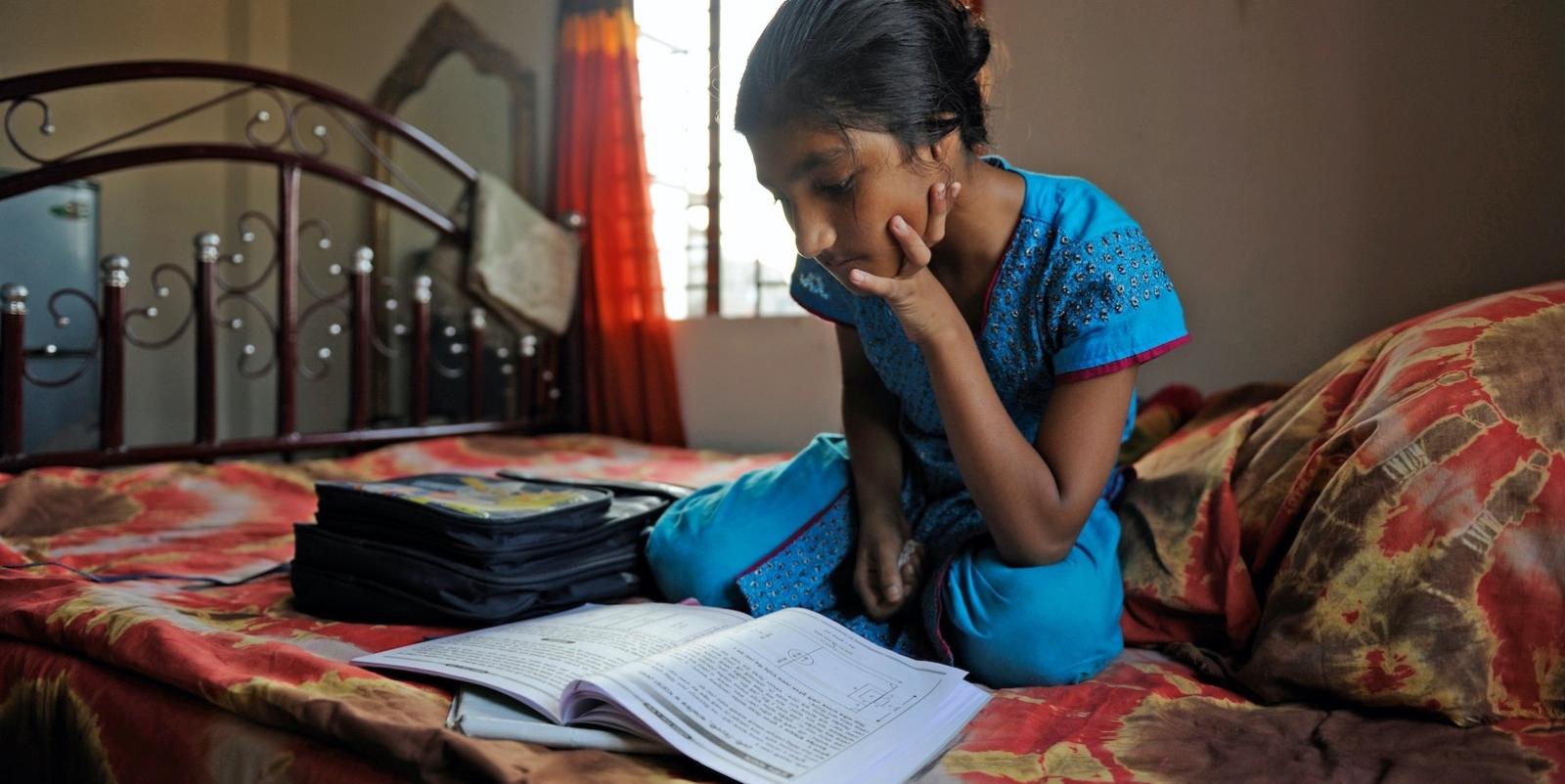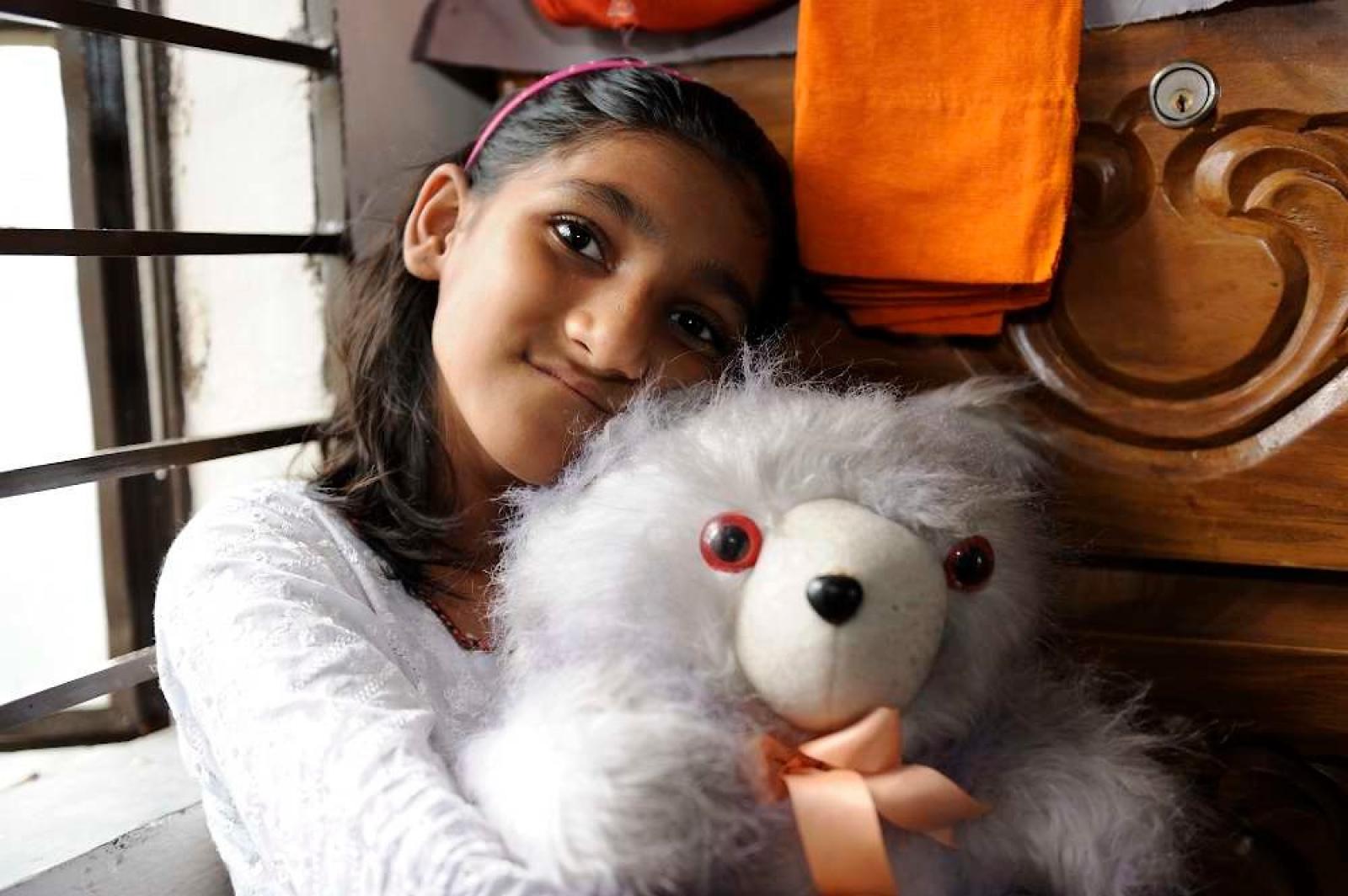On March 15, 2011, I posted a blog entitled, Social Injustice: gender violence in Asia. I highlighted the Acid Survivors Foundation in Bangladesh and one of their youngest success stories, Bubly. In that post are photos of Bubly at the age of18 months, when I first met her along with her mother, Parul. They came to Dhaka Medical College Hospital for help with injuries inflicted on Bubly by her father who to this day goes unpunished. On that post, there is another photo of Bubly at eight years of age, smiling and happy in her pink party outfit at her birthday celebration. With the help of Monira and others at the Acid Survivors Foundation, Bubly continues to thrive.
The World's Children's Prize Foundation has named Monira Rahman, longtime advocate for survivors of acid violence and director of the Acid Survivors Foundation, one of their three child's rights laureates for 2011. Posted here from Worlds Childrens Prize is information about Monira's outstanding work for all survivors of acid violence in Bangladesh and an update on Bubly, now ten years old and, as you can see in the photo with Monira, still pretty in pink!
 |
Monira and her organisation, ASF, fight to save girls and boys – who have been the victims of attacks using acid or petrol dousing. Since 1999 Monira and ASF have managed to halve the number of acid attacks in Bangladesh |
Monira learned early on from the plastic surgeons that the best thing to do after an attack is to pour water on the wound. Now, most people in Bangladesh know to carry on throwing bucket after bucket of water over the victim, for a long time. This can lessen the damage. And everyone knows that if victims get to the ASF hospital within 48 hours, they have a good chance of survival, and the damage can be limited.
ASF has helped hundreds of survivors, who are also activists. They demonstrate. They meet with politicians. They press charges against the people who throw acid. They find old victims and explain that even though their wounds are old, ASF can still help them. They manage to get thousands of men to demonstrate about violence against women on International Women’s Day. ASF has also managed to create our own Center, with a plastic surgery clinic and offer completely free treatment. There are psychologists at ASF to help the survivors, but they also help the staff who work with them.
Monira and ASF even sent some victims abroad for extensive plastic surgery. Some have been given new noses, even whole new faces. They have lawyers who try to help us make sure the guilty parties are caught and convicted. ASF has 80 staff, and 20 of them are themselves survivors of acid attacks.
Monira and ASF have persuaded the government to make several changes in legislation. The organisation has also persuaded celebrities to participate in gala events, and ASF has helped write the script for a feature film about a schoolgirl who is attacked with acid.
“Those of us who work with survivors try to teach them to be strong. We try to encourage them not to hide away indoors, but to have the courage to go out and show their damaged faces. We try to help them feel that they are worth something, that they can get an education, get married, have kids, says Monira.
Text: Monica Zak
Photos: Kim Naylor
Monira and ASF even sent some victims abroad for extensive plastic surgery. Some have been given new noses, even whole new faces. They have lawyers who try to help us make sure the guilty parties are caught and convicted. ASF has 80 staff, and 20 of them are themselves survivors of acid attacks.
Monira and ASF have persuaded the government to make several changes in legislation. The organisation has also persuaded celebrities to participate in gala events, and ASF has helped write the script for a feature film about a schoolgirl who is attacked with acid.
“Those of us who work with survivors try to teach them to be strong. We try to encourage them not to hide away indoors, but to have the courage to go out and show their damaged faces. We try to help them feel that they are worth something, that they can get an education, get married, have kids, says Monira.
Text: Monica Zak
Photos: Kim Naylor
 |
| Bubly, 10, has spent a lot of time at the ASF hospital. Her father wanted a boy, and when he got a girl instead he tried to kill her by pouring acid in her mouth and on her feet. |
 |
| Bubly has been cared for by ASF, and she has had a lot of operations. Now she can eat, talk and go to a normal school. She lives with her mother. Once a week, she visits the ASF Center to meet other children who have been injured by acid violence. |
No comments:
Post a Comment